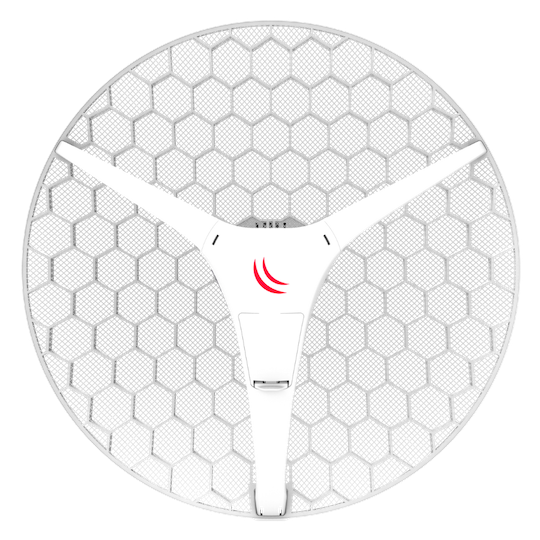
MikroTik: MikroTik on GNS3 for LABs Emulation
Simulate MikroTik RouterOS v7 using GNS3 to run MikroTik labs without the need to purchase MikroTik routers.
Description
If you're a MikroTik engineer or a student aiming to enhance your MikroTik skills, conducting practical LABS is crucial for better comprehension. However, setting up labs with 5-10 routers can be costly. In light of this, I've developed this course to guide you through creating MikroTik LABS that emulate the latest RouterOS version, Version 7. The best part? It's a cost-effective solution that mimics real MikroTik routers.
Throughout this course, I'll demonstrate how to use GNS3 software in conjunction with VirtualBox or QEMU, utilizing the MikroTik CHR image version 7. This approach allows you to craft the lab scenarios you need, providing a hands-on experience as if you were working with physical MikroTik routers, all without incurring additional expenses.
Additionally, you'll learn how to furnish internet services to the virtual MikroTik routers within GNS3, ensuring your lab scenarios can include internet connectivity if necessary.
Structured entirely around LABS, this course unfolds in a step-by-step manner, simplifying the process of building this cost-effective solution for your benefit.
Who this course is for
- Anyone who would like to create MikroTik LABs without the need to purchase MikroTik routers
What you'll learn
- Understand the different ways to connect MikroTik to GNS3
- Download and install the right version of GNS3
- Download and install the right version of Oracle VirtualBox
- Understand the different Tiers provide by MikroTik CHR
- Connect MikroTik CHR with GNS3 using QEMU
- Connect MikroTik CHR with GNS3 using VirtualBox
- Understand MikroTik ROMON and use this feature to connect to all Routers on GNS3
- Understand how to install Microsoft Loopback interface to be able to connect to the MikroTik CHR router on GNS3
- Configure all GNS3 MikroTik Routers to be connected to the internet
Requirements
- You should be able to use the PC
- You should have the minimum IT knowledge
- You should be familiar with IP addressing












